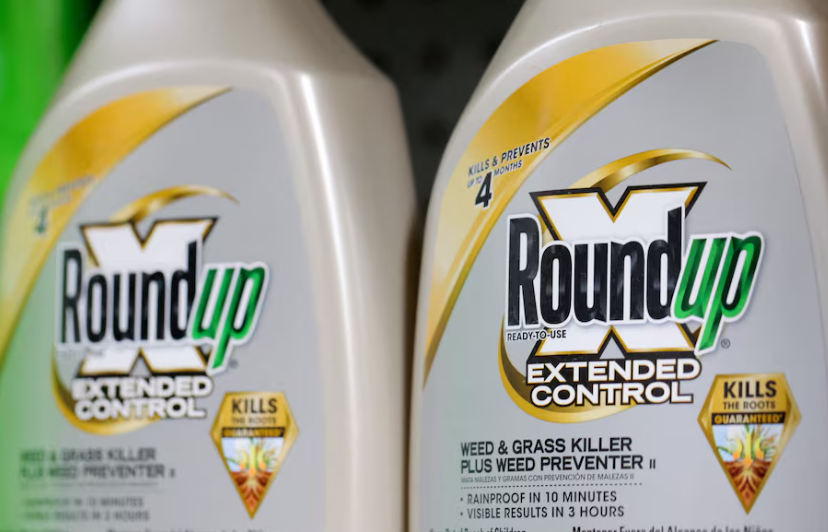A Missouri judge has significantly reduced a $1.56 billion verdict against Bayer, cutting it down to $611 million for three plaintiffs who alleged that the company’s Roundup weed killer caused their cancer.
The reduction in punitive damages was the primary reason behind this adjustment, with Bayer promptly announcing its intention to appeal the decision.
The original lawsuit, brought forth by Valorie Gunther of New York, Jimmy Draeger of Missouri, and Daniel Anderson of California, resulted in a jury finding Bayer’s Monsanto unit liable for negligence, design defects, and failure to warn about the risks associated with Roundup. While the jury awarded $61.1 million in compensatory damages, they imposed punitive damages totaling $1.5 billion, which were evenly distributed among the plaintiffs.
In a ruling on March 15, Judge Daniel Green upheld the compensatory damages but significantly reduced the punitive damages to $549.9 million, which amounted to nine times the compensatory damages. This reduction aligned with the U.S. Supreme Court’s guidance that punitive damages generally should not exceed nine times compensatory damages.
Bayer promptly appealed the decision, contending that the court had not applied the law correctly, particularly concerning the punitive damages. The company reiterated its stance that extensive scientific evidence over decades has shown Roundup and its active ingredient glyphosate to be safe.
On the plaintiffs’ side, Bart Rankin, their lawyer, asserted that the reduced awards were constitutionally sound and reflected Monsanto’s “willful, malicious, and reckless disregard” for consumer safety, as evidenced by the plaintiffs’ injuries.
Roundup, a widely used weedkiller in the United States, has been at the center of extensive litigation since Bayer’s acquisition of Monsanto in 2018. While Bayer agreed to settle a significant portion of the litigation for $10.9 billion in 2020, it has been unable to resolve all pending and future cases. Approximately 113,000 out of 167,000 claims against Bayer have either been settled or deemed ineligible.
Despite prevailing in most recent Roundup trials, Bayer has faced substantial verdicts against it, totaling over $4 billion, including a notable $2.25 billion verdict in a single case in January. Bayer has indicated its intention to appeal these verdicts as well.
Notably, the legal setbacks faced by Bayer coincide with challenges for former President Donald Trump, who encountered rejections of his attempts to dismiss criminal charges against him in separate states.
It’s worth mentioning that Bayer phased out sales of Roundup for home use last year, perhaps in response to growing concerns and legal challenges regarding its safety.
In summary, the ongoing legal battles surrounding Roundup underscore the complex interplay between scientific evidence, regulatory scrutiny, and legal interpretation, with significant financial implications for Bayer and implications for consumer safety.

